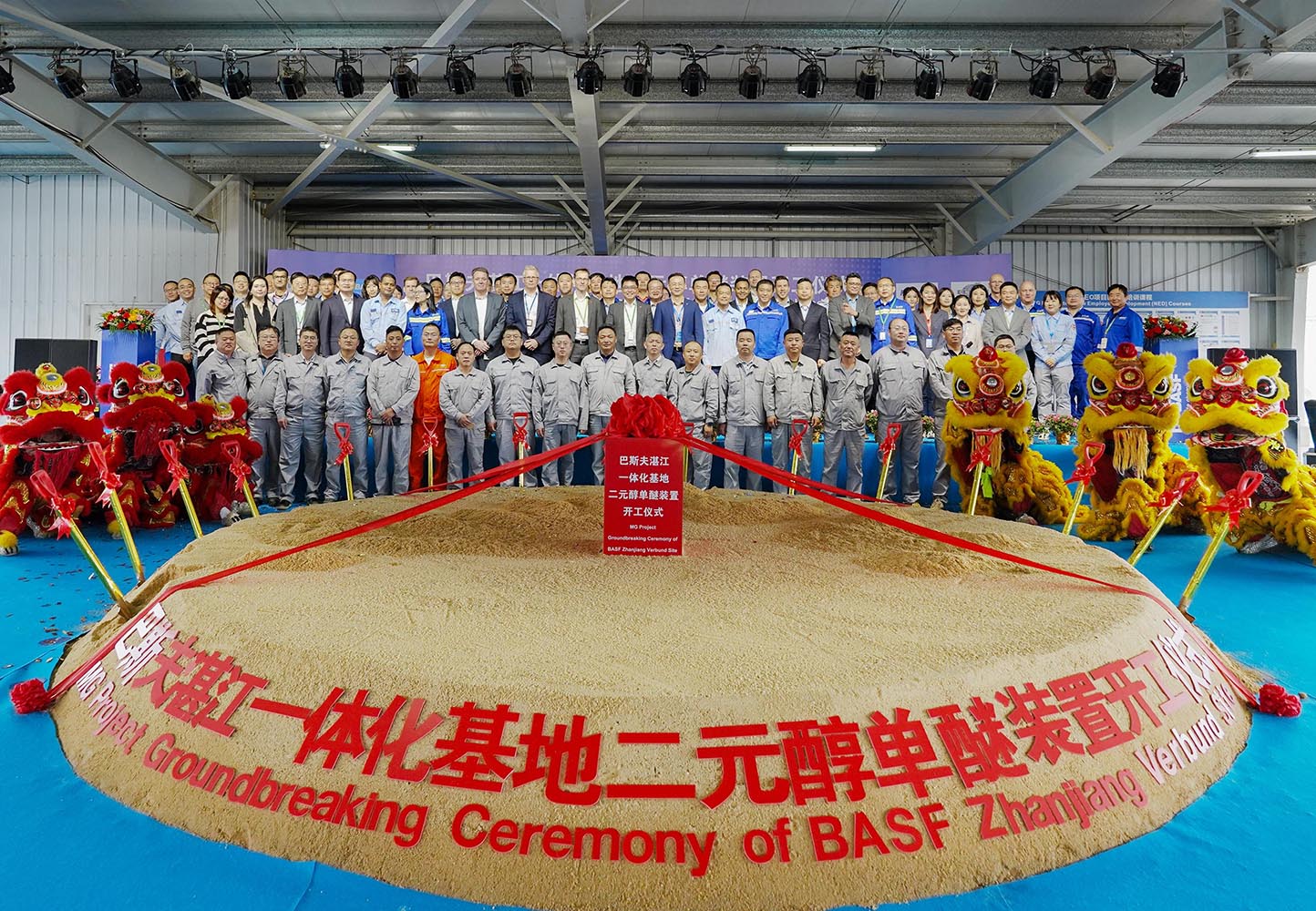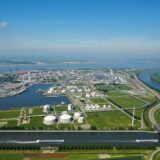
BASF’s new methyl glycols plant in China targets automotive demand
BASF, a leading chemical company based in Ludwigshafen, Germany, has announced the construction of a new methyl glycols (MG) plant at its Zhanjiang Verbund site in China. The facility, set to start operations by the end of 2025, will have an annual capacity of 46,000 metric tons and aims to address the surging demand for modern brake fluids in the region.
The plant will be the first in China to be fully backward integrated into a steam cracker, a process that allows for the efficient production of methyl glycols. “Utilizing BASF’s unique process technology, the plant will deliver reliable, competitive and high-quality products to cater to the needs of our downstream business and customers,” said Bir Darbar Mehta, senior vice president of Petrochemicals Asia Pacific at BASF.
The automotive fluids industry, where BASF has built a strong reputation for delivering high-performance products, is expected to benefit significantly from this expansion. “The capacity expansion demonstrates our commitment to the emerging Asian automotive industry, especially in China, where the demand for high-quality products is continuously increasing,” said Matthias Lang, vice president of Business Management Fuel & Lubricant Solutions Asia Pacific and Performance Chemicals Greater China at BASF.
The facility will produce key components for modern brake fluids, including methyl diglycol (MDG), methyl triglycol (MTG), and methyl tetraglycol (MTEG), using methanol and purified ethylene oxide (PEO). MTG, in particular, is a crucial raw material for the production of these fluids, which are essential for the automotive industry.
The new plant is part of BASF’s broader strategy to support the transportation and mineral oil industries through its global business unit Fuel and Lubricant Solutions. This unit is responsible for BASF’s offerings in fuel performance packages, refinery additives, engine coolants, and brake fluids, among other products.













